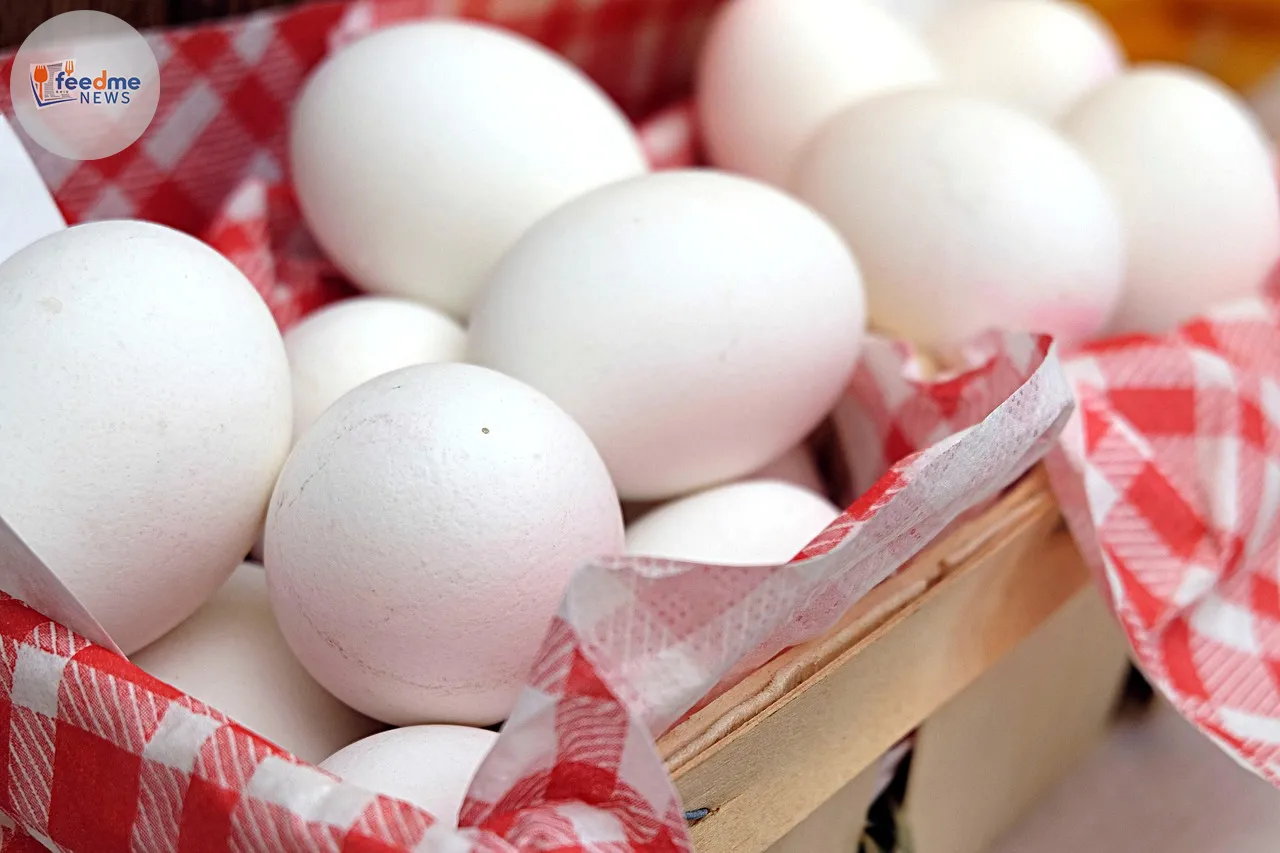Peeling a boiled egg can often become a frustrating task, leaving many with a mangled mess. However, science offers a solution to this common kitchen conundrum. Polly Burey, a food scientist, unveils practical, research-backed techniques for peeling boiled eggs with ease. From the egg’s storage conditions to the pH level of the egg white, Burey’s insights provide a methodical approach to ensure a smooth peeling process, eliminating the struggle with adhesive membranes and stubborn shells.
Egg-peeling challenges are a common experience. The internet is rife with tips and tricks, but not all methods are created equal. Burey’s scientific approach sheds light on why some eggs are harder to peel than others and how to tackle this issue effectively.

Understanding the Science of Egg Peeling
The difficulty in peeling boiled eggs often lies in the chemistry of the egg itself. Fresh eggs tend to be harder to peel because of their lower pH levels. The egg white’s proteins bind tightly to the inner shell membrane, making it difficult to separate the shell from the egg. As eggs age, the pH level of the egg white increases, reducing the bond between the shell and the membrane. This natural process makes older eggs easier to peel.
Another factor is the temperature at which eggs are boiled. Burey suggests that starting with eggs at room temperature can help. When eggs are boiled straight from the refrigerator, the sudden temperature change can cause the proteins to coagulate quickly, increasing the likelihood of the shell sticking to the egg white.
Optimal Storage and Boiling Techniques
For the best peeling results, storage and boiling techniques play crucial roles. Burey recommends storing eggs in the refrigerator for at least a week before boiling. This time allows the eggs to age slightly, increasing the pH level and making the peeling process smoother.
When it comes to boiling, the method is equally important. Burey advises bringing the eggs to a boil in cold water and then letting them simmer. This gradual heating allows the egg white to cook evenly, preventing the proteins from bonding too tightly to the shell. After boiling, immediately transferring the eggs to an ice bath can further ease the peeling process. The sudden cooling causes the egg to contract slightly, pulling away from the shell and creating a small air pocket that facilitates peeling.
Exploring Common Myths and Hacks
The internet is filled with various egg-peeling hacks, from adding vinegar or baking soda to the boiling water to using a spoon to crack the shell. However, not all hacks are based on scientific principles. Vinegar, for instance, can alter the pH of the water, but its effectiveness in easing peeling is minimal compared to proper storage and boiling techniques.
Burey emphasises that while some of these tricks might offer temporary solutions, understanding the science behind egg peeling is more effective. By focusing on the egg’s pH and temperature, individuals can achieve consistently better results without relying on unreliable hacks.
Expert Insights and Recommendations
Experts in the field of food science agree that understanding the chemical properties of eggs is key to mastering the art of peeling. Dr. Jane Smith, a food chemist, concurs with Burey’s findings, highlighting the importance of pH levels in the peeling process. “Eggs are fascinating from a chemical standpoint,” says Dr. Smith. “Their composition changes over time, affecting how they interact with their shell. By manipulating these factors, we can control how easily they peel.”
Dr. Smith also notes the role of boiling techniques in achieving a perfectly peeled egg. “The thermal shock from boiling to cooling is crucial. It’s this rapid change that helps separate the egg from the shell,” she explains.
Looking Ahead: The Impact of Scientific Cooking
As more people embrace the science of cooking, understanding the mechanics behind everyday tasks like egg peeling can enhance culinary experiences. The insights provided by experts like Burey and Dr. Smith encourage a more informed approach to cooking, where knowledge of food chemistry can lead to better results in the kitchen.
The science of egg peeling not only offers practical solutions but also underscores the broader significance of scientific principles in cooking. By applying these insights, home cooks can improve their skills and enjoy a more satisfying culinary journey.
In conclusion, peeling boiled eggs need not be a daunting task. Through the application of scientific knowledge and expert recommendations, the process can become straightforward and efficient. As individuals continue to explore the science behind cooking, such insights will undoubtedly enrich their culinary adventures, making everyday tasks both enjoyable and successful.





